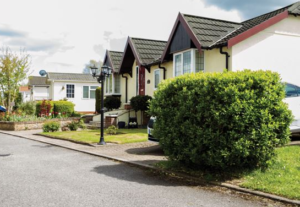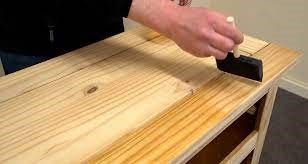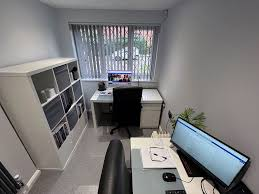A park home, also known as a mobile home or static caravan, is a type of prefabricated structure that can be transported to and placed in a mobile home park or residential site. Park homes are typically single-story dwellings and come in various sizes, offering an affordable housing option.

How do park homes differ from traditional homes?
Park homes are typically smaller in size, designed for single-floor living, and are often more affordable. Park homes located on mobile home sites can also offer a holiday or weekend getaway option.
Can park homes be lived in all year?
Whether you can live in a park home year-round depends on regulations and the specific park’s rules. Some parks permit year-round living, while others may have seasonal restrictions. It is essential to check with the park’s management to determine whether year-round occupancy is allowed.
What are the advantages of living in a park home?
The advantages include affordability, lower maintenance costs, and a sense of community. Park homes can be an attractive option for retirees looking to downsize or live in an affordable home. If you want an answer to the question ‘Are there residential park homes near me?’,there is a wealth of information online.

What are the costs associated with park home living?
The cost of park home living includes the purchase price of the home, monthly site rent, utilities, maintenance, and any fees. The affordability of park home living compared to traditional homes can vary widely depending on the location and the amenities provided.
Are there local options for me?
If you are pondering the question ‘Are there residential park homes near me, you will find sites up and down the country. Park home living continues to grow in popularity; for example, according to Property Wire, buyer demand for park homes has risen in the south of England.
What should be considered before buying a park home?
Before buying a park home, consider factors such as the location, park rules and regulations, the condition of the home, ongoing expenses, and the community atmosphere.




